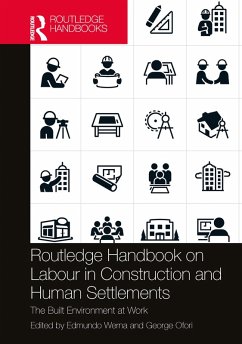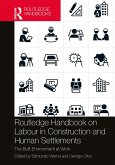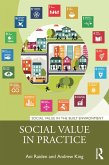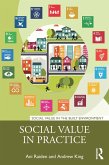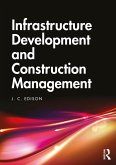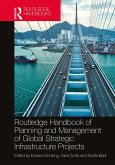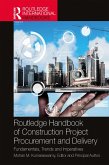Underpinning the entire book is the premise that the way the built environment is produced, and its main products - buildings, cities and towns - have an impact on large numbers of workers. At the same time, the quality of the built environment requires construction workers who are well trained and with good working conditions. While cities and towns are the engines of economic growth, they will not be able to fulfil their economic potential if poverty in the workforce is not addressed. Those who are unemployed, underemployed or work in unfavourable conditions cannot fully contribute to production, and at the same time are limited in their ability to purchase goods and services - therefore limiting economic growth and restricting improvements in their living standards. In addition, investments in infrastructure, housing and inner-city redevelopment cannot be sustainable if labour issues - i.e., poverty - are not addressed. This book aims at analysing this complex set of issues comprehensively and will be essential reading to a wide range of researchers across the interdisciplinary intersections of construction, business and management, economic development, urban studies, sociology, political science and project management.
Dieser Download kann aus rechtlichen Gründen nur mit Rechnungsadresse in A, B, BG, CY, CZ, D, DK, EW, E, FIN, F, GR, HR, H, IRL, I, LT, L, LR, M, NL, PL, P, R, S, SLO, SK ausgeliefert werden.

